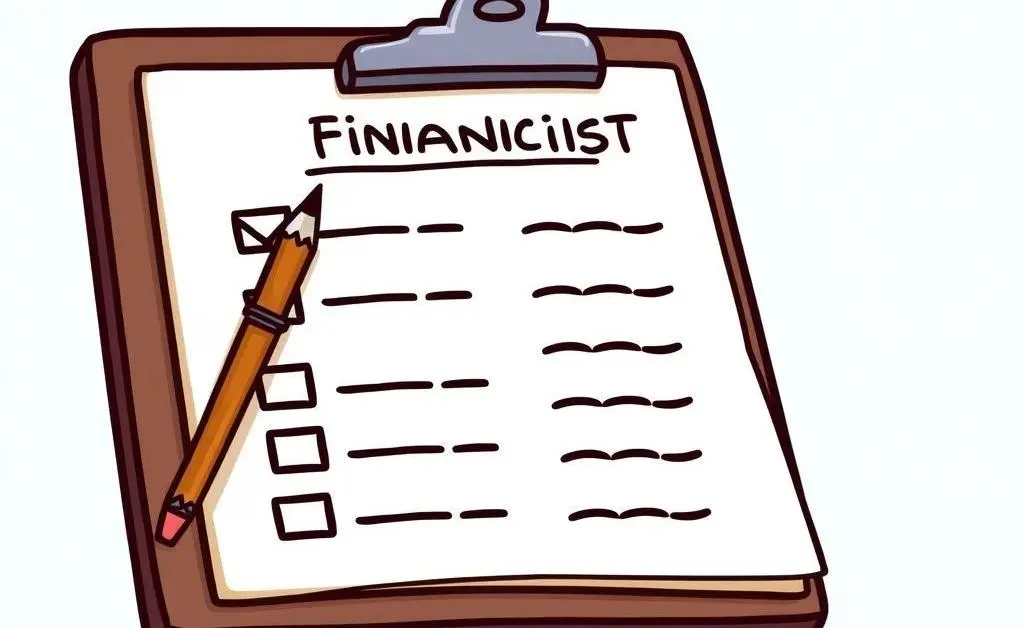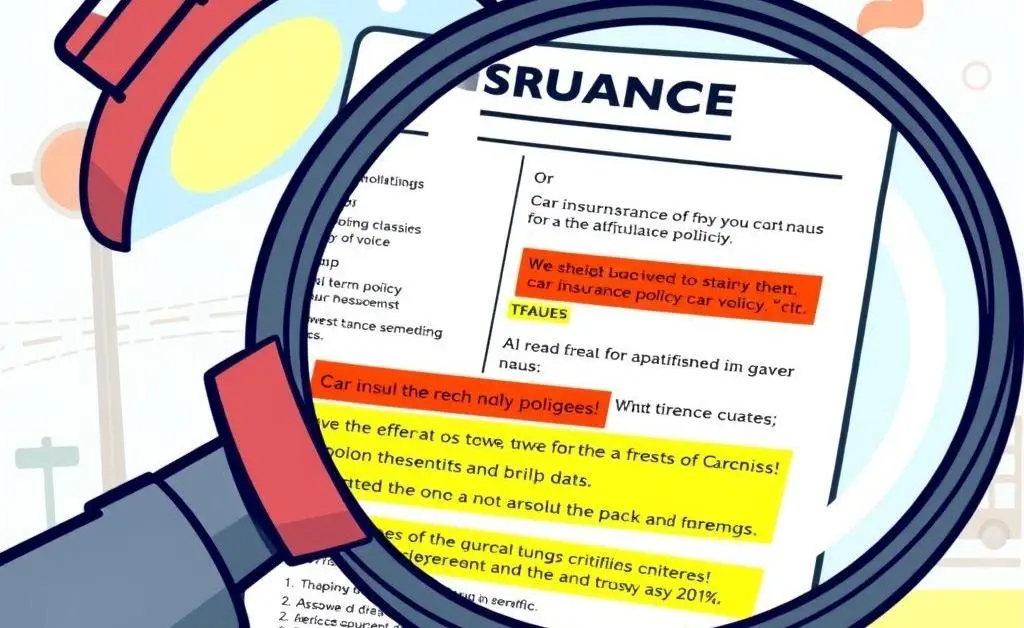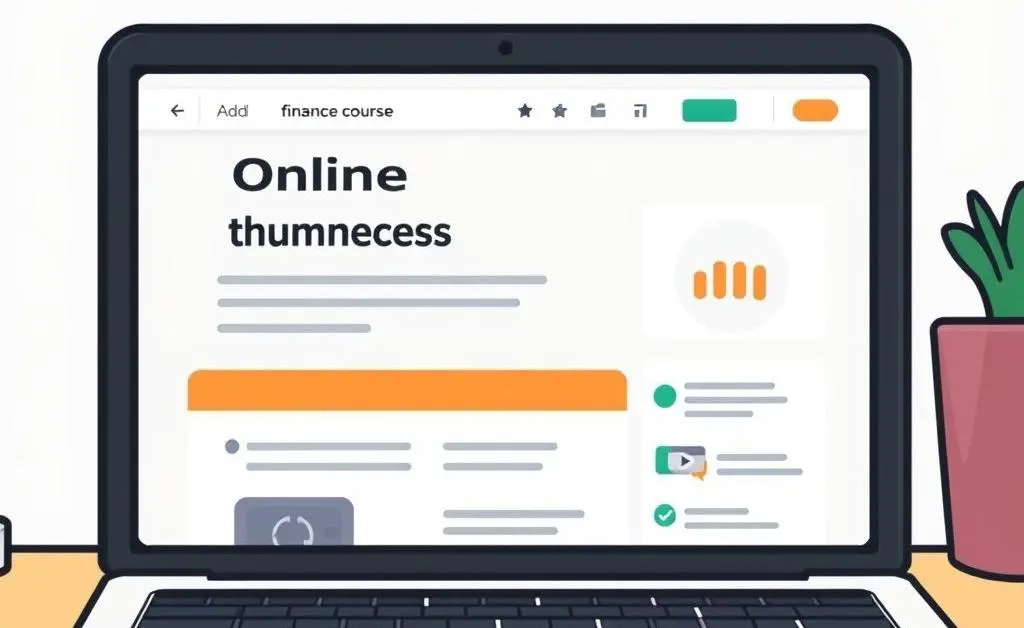How to Navigate Financial Advice Safely in the Digital Age
Discover practical steps to filter financial advice online and avoid scams.

Have you ever felt overwhelmed by the sheer volume of financial advice available online? You're not alone. In today's digital age, finding genuine advice amongst the noise can feel like navigating a maze. But don't worry; I've got some practical steps that can help you cut through the clutter.
Identifying Red Flags
Picture this: your friend, Alex, recently received a DM offering guaranteed returns on an investment. Sounds too good to be true, right? And that's because it usually is. Here are some red flags to watch out for:
- Promises of 'easy money'
- Pressure tactics or urgent deadlines
- Claims of guaranteed returns

Finding Trustworthy Sources
While navigating the digital world, it's crucial to filter out unreliable advice. Start by looking for guidance from reputable sources such as certified financial planners or established financial organizations.

Consider visiting sites like Investopedia or trusted financial institutions to verify facts and gather reliable insights.
Utilizing Online Tools
The internet isn't all deception and scams. There are fantastic online tools available that can make managing finances simpler. Tools like budget calculators, expense trackers, and investment app comparisons can empower you to make informed decisions.

One resource worth checking out is NerdWallet, which offers comprehensive reviews and comparisons of financial products.
Trust Your Instincts
At the end of the day, your intuition can be your best guide. If a piece of advice doesn't sit right with you, take a step back and do more research. Remember, it's better to be safe than sorry.
So, what strategies have you found useful for assessing financial advice online? I'd love to hear your thoughts in the comments below!




